General Motors is shutting down its Cruise robocab program, shifting resources to the development of self-driving privately owned vehicles. The move comes a year after the subsidiary was blamed for a near-fatal accident near its San Francisco headquarters. It effectively hands what proponents see as a potentially huge market to competitors like Waymo and Tesla.
General Motors has pulled funding from Cruise, the San Francisco-based tech firm that had so far spent about $10 billion to develop robocabs.
The Detroit automaker has been the majority stakeholder in Cruise and now says it will buy out other investors, including Honda, before merging the subsidiary into the in-house technical operation developing features like Super Cruise. Going forward, GM plans to focus on assisted and fully autonomous driving technologies for privately owned vehicles, it said in a statement.
“GM is committed to delivering the best driving experiences to our customers in a disciplined and capital-efficient manner,” Mary Barra, GM’s chair and CEO, said in a statement.
But the announcement did generate some push back from Cruise’s former CEO who called GM officials “dummies.”
A near-fatal crash

The concerns about robocabs rose after a Cruise EV was involved in a pedestrian crash in San Francisco in October 2023.
GM has spent an estimated $10 billion to fund Cruise since acquiring the tech firm in 2017. It had previously projected it would generate as much as $50 billion in revenues by the end of the decade by fielding robocabs across the U.S. And it previously announced plans to launch a Cruise service in Japan with the help of Honda.
But things began to fall apart in October 2023 when a Cruise vehicle was involved in a crash near the company’s headquarters. A pedestrian was struck by a hit-and-run driver and then tossed into the path of one of its robocabs. Initially, it appeared the Cruise vehicle had worked properly, quickly stopping to prevent further injuries. But a video later released by the company revealed the unmanned cab subsequently started up again, dragging the pedestrian to the curb.
When full details came out California regulators pulled Cruise’s operating license and GM halted operations in other parts of the country, as well. The automaker subsequently forced out a handful of senior executives, including Cruise cofounder and CEO Carl Vogt.
Pulling the plug

Cruise founder Kyle Vogt resigned shortly after a full video was released showing how the Cruise robocab started up and dragged a pedestrain pinned underneath.
In the months after the crash, GM hired a new CEO and created a new role for a chief safety officer. It relaunched service in some markets – albeit with backup “operators” behind the wheel. And it
signaled it would restart the robocab program when, in August of this year, it announced a multi-year deal with Uber. Had the partnership moved forward, Uber would have begun booking rides using Cruise robotaxis starting next year.
Instead, with Cruise now out of the picture, a handful of competitors could move in to pick up the potentially lucrative robocab market many observers see developing by decade’s end. That includes Google spin-off Waymo which already operates self-driving taxis in a number of cities across the country, including San Francisco and Phoenix. It’s seen as the leader in the field.
Then there’s Tesla. CEO Elon Musk this year announced plans to start fielding fleets of CyberCabs by 2026. Several other start-ups have weighed in, including Zoox, an Amazon unit now running robocabs in San Francisco and Las Vegas.
“This is the right decision to rip the band-aid off on Cruise as this initiative was stuck in neutral and rolling backward,” Daniel Ives, an analyst at investment firm Wedbush Securities, said in a statement. “It’s a tough moment for GM, but they needed to cut the cord on Cruise and strategically focus on its core business.”
More Robocab News
- Waymo Gets the Go to Expand Robocab Program
- California Suspends Cruise License After Near-Fatal Crash
- Tesla Cybercab is CEO Musk’s Vision of the Future
“Dummies”
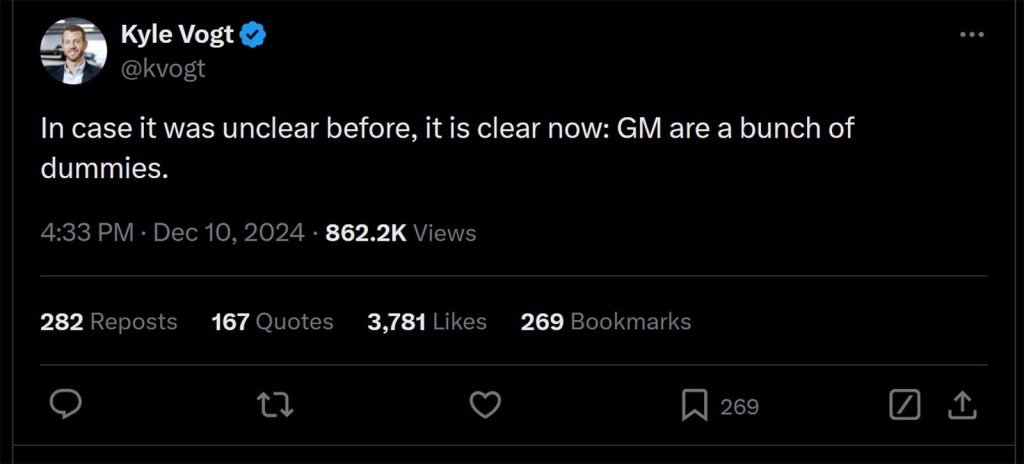 GM already had pulled back on its robocab program, early in 2024 announcing a pause in development of the all-electric Origin, a toaster-shaped vehicle that was to be the primary model used by Cruise. Instead, the automaker said it would shift to using the Chevrolet Bolt EV. It is preparing to launch a next-generation version of the Bolt in 2025.
GM already had pulled back on its robocab program, early in 2024 announcing a pause in development of the all-electric Origin, a toaster-shaped vehicle that was to be the primary model used by Cruise. Instead, the automaker said it would shift to using the Chevrolet Bolt EV. It is preparing to launch a next-generation version of the Bolt in 2025.
By ending its robocab program and folding Cruise into its in-house tech programs, GM estimates it will save about $1 billion annually.
But not everyone was pleased by the news. “In case it was unclear before, it is clear now: GM are a bunch of dummies,” former Cruise chief Vogt wrote in a tweet on X, the former Twitter.
What now?
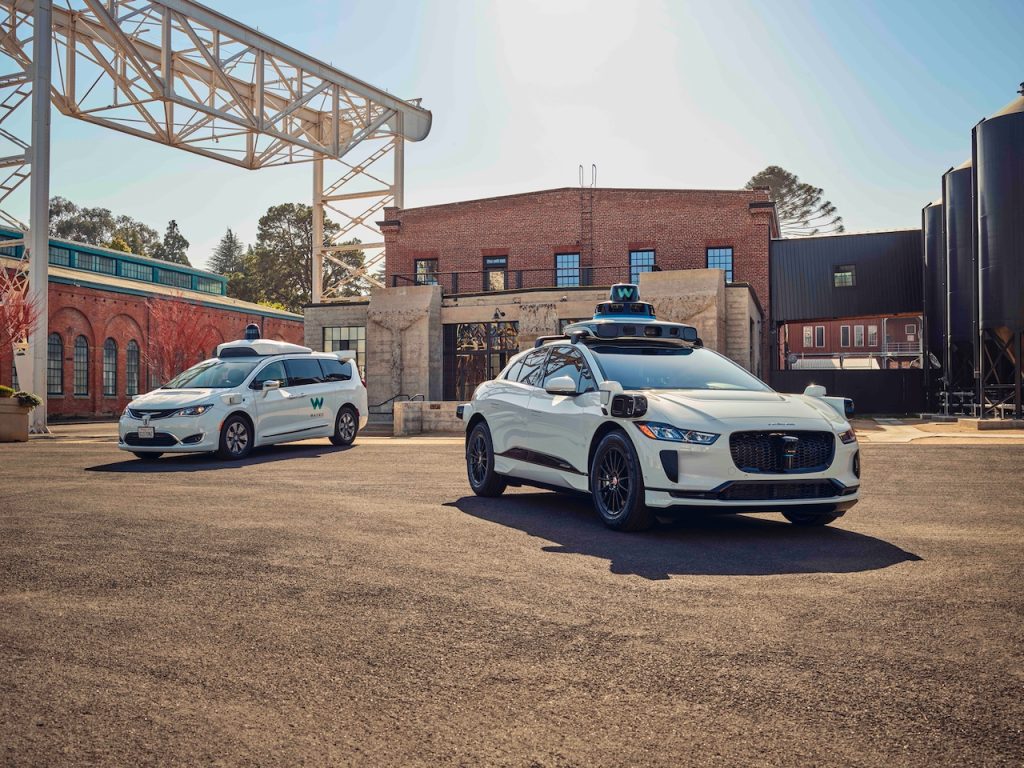
GM has effectively ceded the robocab field to competitors like Waymo, with Tesla preparing to launch its own CyberCab.
Some analysts have echoed Vogt, questioning why GM is exiting the potentially profitable robocab segment. But others fear the operation was permanently damaged by the crash. Either way, this week’s move underscores CEO Barra’s reputation for walking away from operations that continue to roll up deficits. She has pulled General Motors out of a number of money-losing markets, including Europe, Russia and India.
The automaker is far from abandoning its autonomous driving efforts, however. I continues to expand the use of the Super Cruise technology which in 2025 will be offered on dozens of passenger vehicles sold by divisions such as Buick, Cadillac, Chevrolet and GMC in the U.S. and other parts of the world.
In contrast to Cruise’s troubled operations, Super Cruise has repeatedly been hailed as one of the most advanced self-driving systems now on the market, routinely rated ahead of such competing systems as Ford’s BlueCruise. And GM is preparing to introduce the even more advanced Ultra Cruise which not only will expand the number of roads on which its products can operate hands-free but allow drivers to take their eyes off the road without constantly having to be ready to retake control.
GM is by no means the only company to walk away from the robocab world. Ride-sharing giant Uber had ended its own robocab program several years ago following a fatal crash in Arizona. And Ford closed down its effort, along with partner Volkswagen AG, in October 2022.

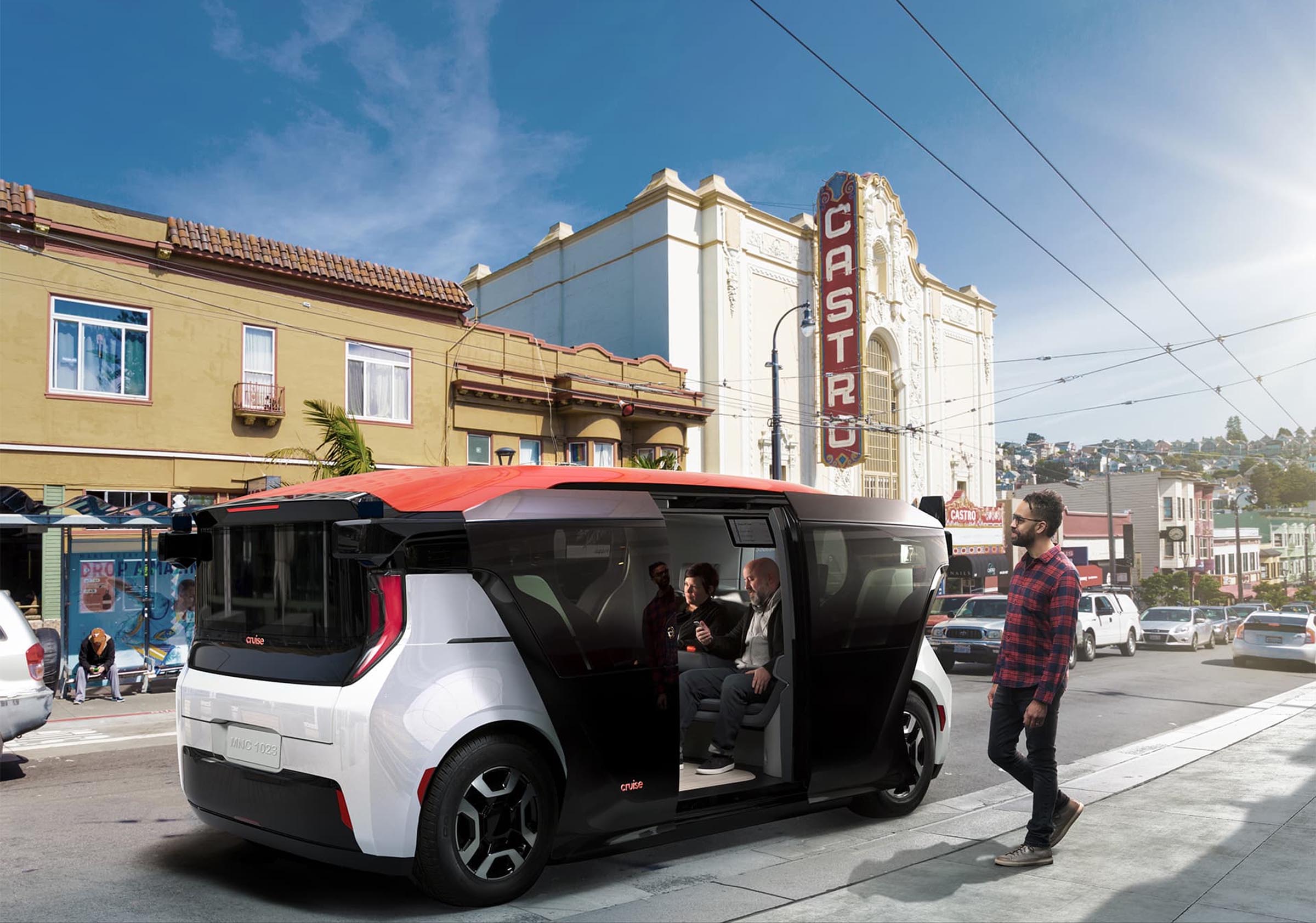
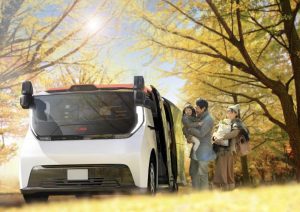
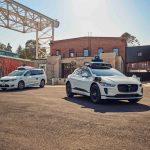



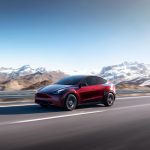
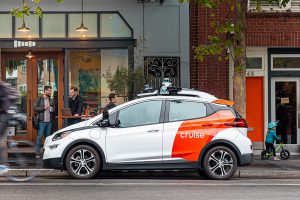
0 Comments